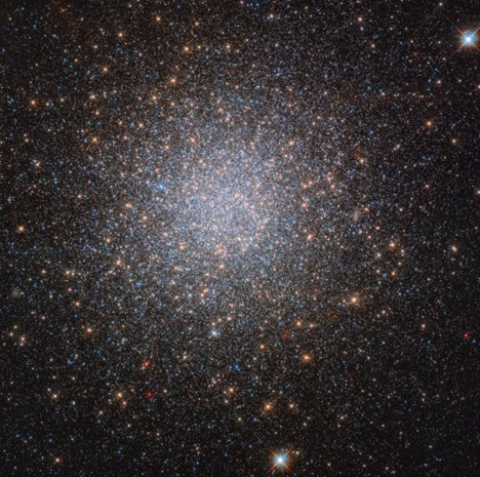
High resolution study of calcium-40 Ca to constrain potassium nucleosynthesis in the NGC 2419 globular cluster.

Researchers expand the quantum mechanical descriptions of nuclear fusion reactions.

Pushing boundaries with radioactive molecules for future studies of nuclear structure and fundamental symmetry.
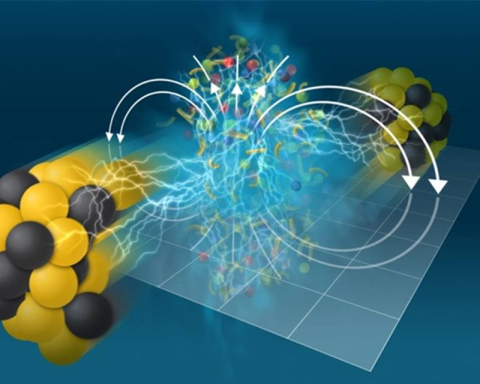
Data from heavy ion collisions give new insight into the electromagnetic properties of quark-gluon plasma “deconfined” from protons and neutrons.
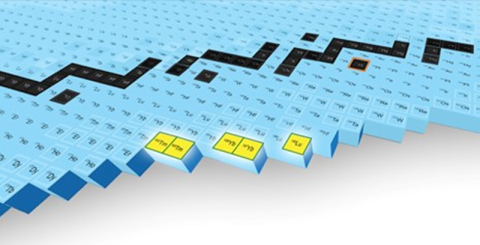
The discovery of new isotopes demonstrates the user facility’s discovery potential.

Classical and quantum chips combine to simulate the collision of two neutrons on a present-day quantum computer.

Researchers dramatically improve the limits for several exotic dark matter models.
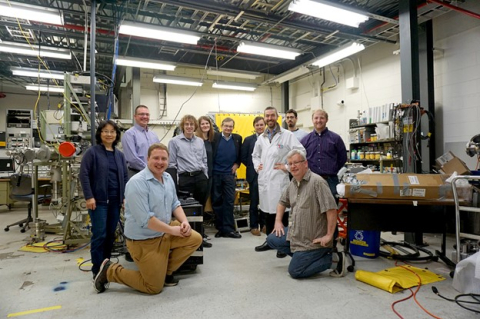
The observation of a rare potassium-40 decay aids in estimating neutrinoless double-beta decay half-life and dating geological features.
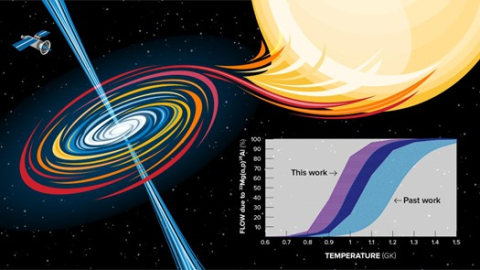
Scientists study a key reaction in X-ray bursts, shedding light on the reaction mechanisms behind thermonuclear flare-ups during these events.
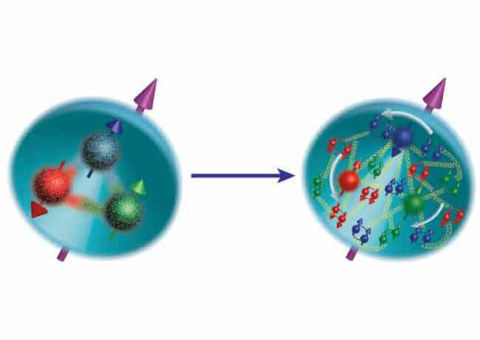
Researchers find a new contribution to the proton Sivers function that describes the internal rotation of the proton perpendicular to its velocity.

